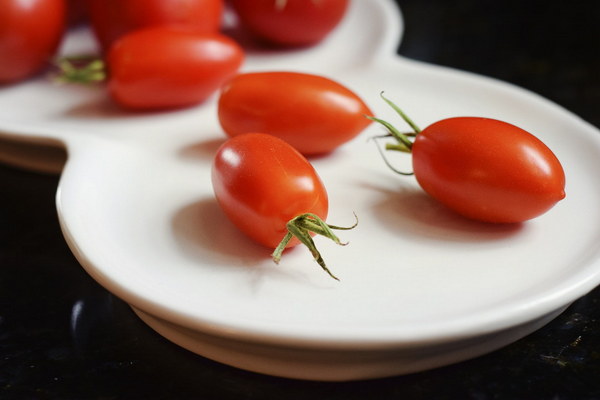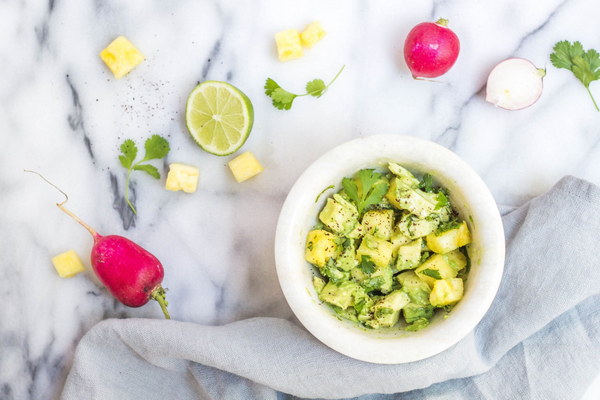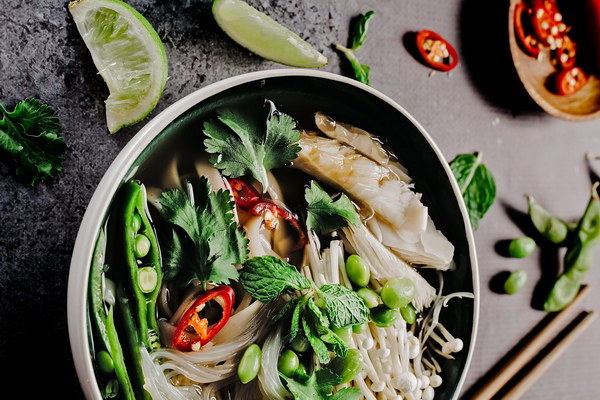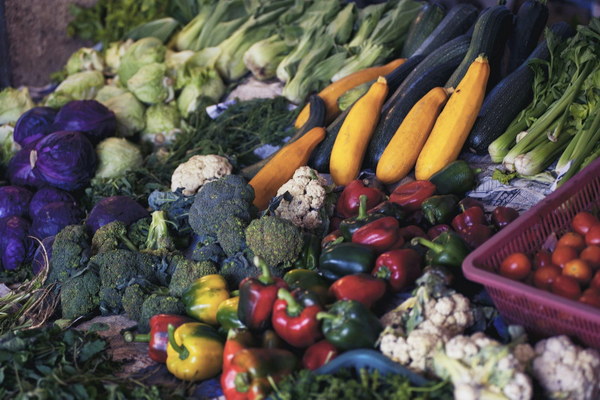Is Pumpkin Good for Stomach Health Exploring the Gastric Benefits of this Versatile Vegetable
Pumpkin, a nutritious and versatile vegetable, has been a staple in many cuisines around the world. Its sweet, mild flavor and creamy texture make it a popular ingredient in soups, pies, and other dishes. But what about its impact on our stomach health? Can pumpkin truly be beneficial for our digestive system? Let's dive into the details to find out.
What Makes Pumpkin Good for the Stomach?
1. High in Fiber: One of the primary reasons pumpkin is often considered good for the stomach is its high fiber content. Fiber is essential for maintaining digestive health, as it helps to keep the digestive system moving smoothly. It can also aid in the prevention of constipation, a common gastrointestinal issue.
2. Beta-Carotene: Pumpkins are rich in beta-carotene, a precursor to vitamin A. Vitamin A plays a crucial role in maintaining the health of the gastrointestinal lining, which is essential for protecting against stomach ulcers and infections.
3. Anti-Inflammatory Properties: The beta-carotene in pumpkin also contributes to its anti-inflammatory properties. Chronic inflammation in the stomach can lead to conditions like gastritis or peptic ulcers. By reducing inflammation, pumpkin can help alleviate these conditions.
4. Prebiotic Properties: Pumpkins contain prebiotics, which are a type of fiber that feeds the beneficial bacteria in our gut. A healthy gut microbiome is essential for overall health, including digestive health. By promoting the growth of good bacteria, pumpkin can help maintain a balanced gut environment.
How to Incorporate Pumpkin into Your Diet for Stomach Health
1. Raw: While pumpkin is delicious in cooked dishes, it can also be eaten raw. Raw pumpkin contains more fiber and nutrients, which can be particularly beneficial for digestive health. Try adding slices of raw pumpkin to salads or use it as a snack with a dip.

2. Steamed: Steaming pumpkin is a great way to preserve its nutrients while making it easy to digest. Simply cut the pumpkin into cubes, place them in a steaming basket, and steam until tender. You can then use the steamed pumpkin in soups, stews, or as a side dish.
3. Pumpkin Soup: A warm and soothing pumpkin soup can be a comforting addition to your diet, especially during the colder months. The high water content and fiber in pumpkin help to keep the digestive system hydrated and moving.
4. Pumpkin Puree: Pumpkin puree is a versatile ingredient that can be used in a variety of recipes. It can be added to smoothies for a nutritional boost or mixed with other vegetables to create a hearty soup.
Potential Risks and Considerations
While pumpkin is generally beneficial for stomach health, it's important to note that everyone's digestive system is different. Some individuals may experience gas or bloating when consuming high-fiber foods like pumpkin. If you have a sensitive stomach or gastrointestinal issues, it's best to start with small amounts of pumpkin and gradually increase your intake.
Additionally, while pumpkin can be a healthy addition to your diet, it should not be used as a substitute for medical treatment. If you have persistent stomach issues, it's important to consult with a healthcare professional.
In conclusion, pumpkin does offer several stomach-friendly benefits due to its high fiber content, beta-carotene, anti-inflammatory properties, and prebiotic qualities. Incorporating pumpkin into your diet in various forms can contribute to a healthy digestive system. However, it's always best to listen to your body and adjust your intake as needed. Happy eating!









